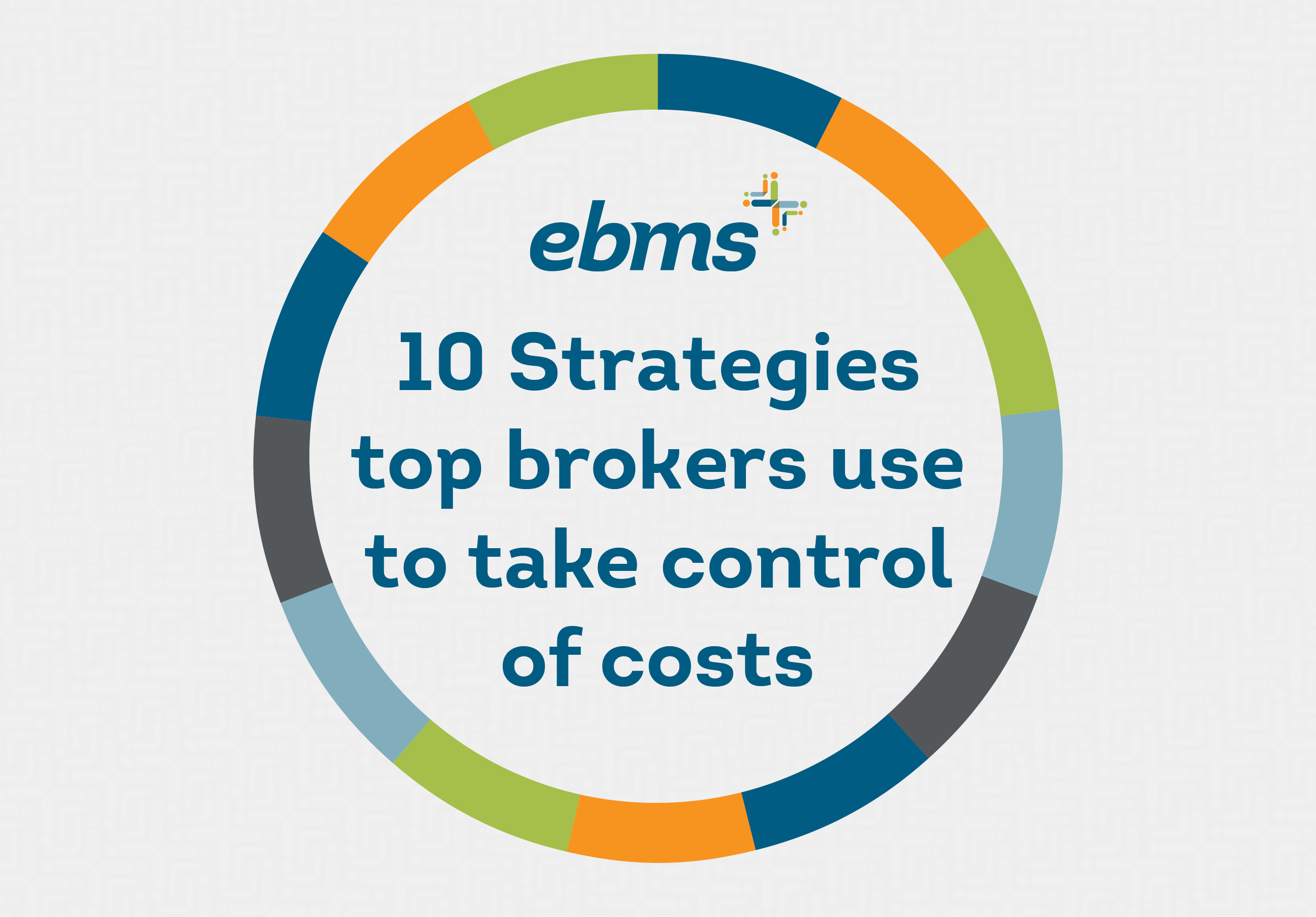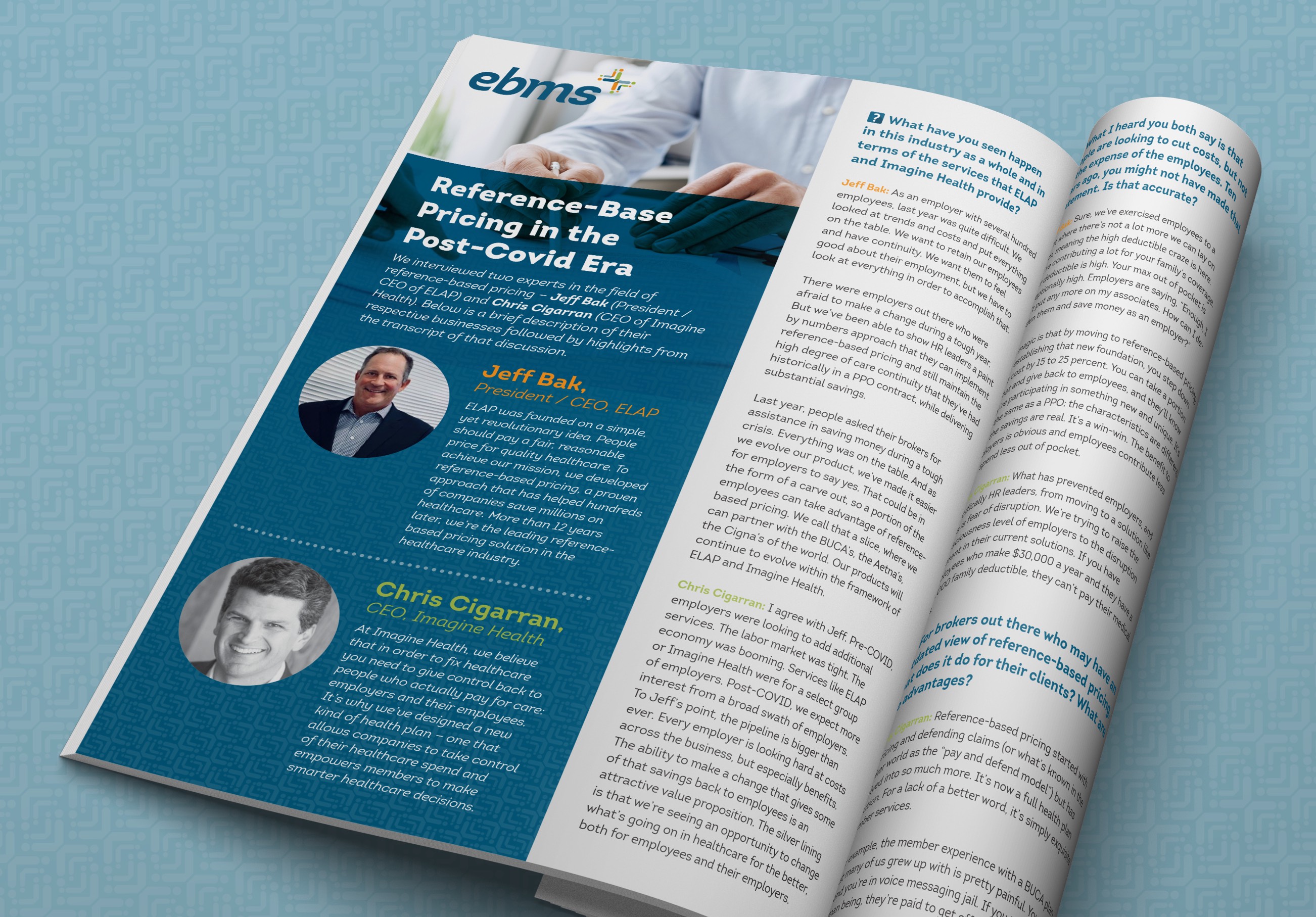Has Consumerism in Healthcare Fulfilled its Promise?
January 22nd, 2019
The consumerism movement in healthcare has shifted more and more costs onto plan members in recent years. The theory is that increased out-of-pocket responsibility will encourage plan members to become savvier consumers of health services.
But is it reasonable to expect that the average person can acquire specialized medical knowledge? Many people are not prepared to understand complex treatment options in the best of times, much less when facing a devastating illness.
Research indicates that significant numbers of consumers need more guidance when it comes to navigating the complexities of healthcare. Consider this: in a recent survey, nearly one-third of respondents said they would not know how to proceed if they or a family member were diagnosed with a serious medical condition.
Because your members’ ineffective use of their benefit plan can potentially run up costs, it makes sense to help consumers shop around for health services. The simplest approach is to offer a transparency tool, such as Healthcare Bluebook, which lets consumers compare the price of common procedures within their area. It also suggests a “fair price” for each procedure or service, based on the rates paid by private insurers. (Healthcare Bluebook is a subscription service.)
Common, non-emergent surgeries (e.g., joint replacements) are notorious for wide variations in price between facilities and between geographic locations. You can incentivize plan members to shop around and compare different options by employing programs that do the research for them. For example, a surgical concierge service can present cost and quality data for the same procedure if done at the closest hospital or if performed at an outpatient surgery center 60 miles away. Some programs will even offer a financial incentive to a member who chooses a lower-cost, higher-quality facility further from home.

“The idea is to ease the burden of comparison shopping for consumers,” says EBMS Executive Vice President of Human Resources and Strategic Planning Melissa Lyon. “With programs like a surgical concierge service supporting them, they still have skin in the game, but are more informed and therefore more confident about making medical decisions. They are able to weigh both the cost and quality of care.”




